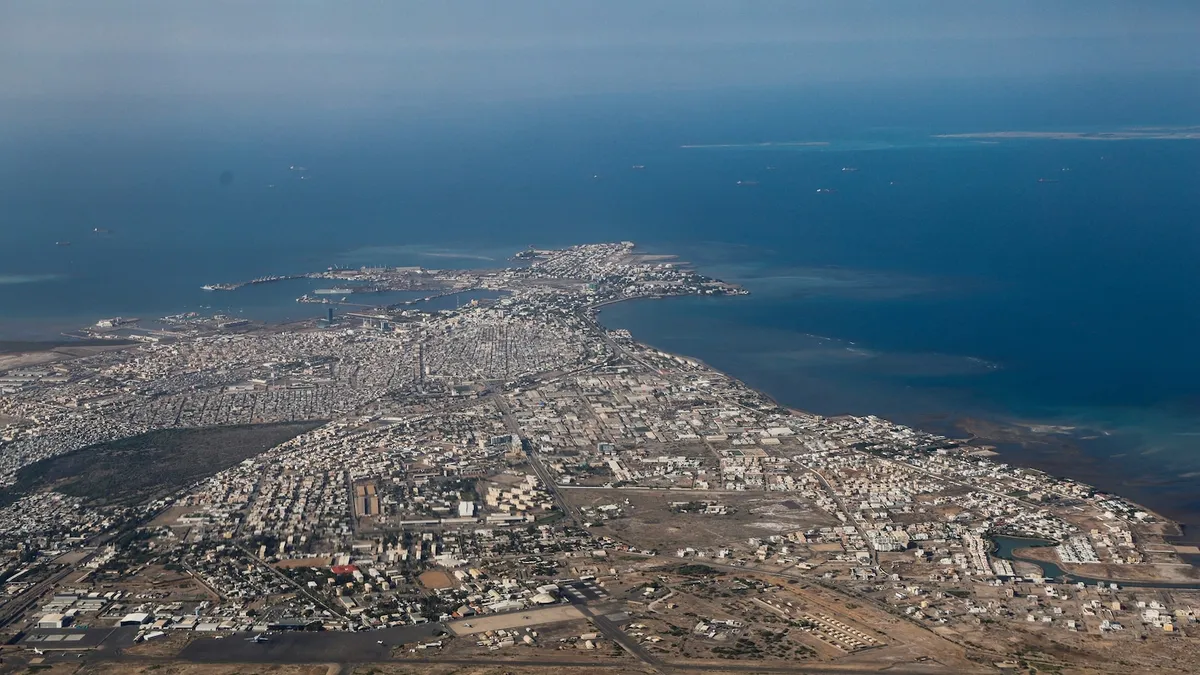
The Trump administration has recently deported eight migrants to South Sudan, a decision that has sparked significant controversy and legal challenges. According to a Department of Homeland Security (DHS) official, these deportations were executed after the administration was forced to halt their initial deportation to a military base in Djibouti.
In a statement to ABC News, Assistant Secretary Tricia McLaughlin asserted that a district judge does not possess the authority to dictate the national security and foreign policy of the United States. "This Independence Day marks another victory for the safety and security of the American people," McLaughlin declared, emphasizing the administration's stance on immigration enforcement.
The plane carrying the eight migrants arrived in South Sudan just before midnight EST on Friday. The DHS has alleged that these individuals have serious criminal convictions, which played a significant role in their deportation. However, their deportation was initially halted due to a lawsuit that aimed to prevent their transfer to Djibouti, redirecting them instead to a U.S. military facility.
The conditions at the Djibouti base have been described as challenging for both the detainees and the Immigration and Customs Enforcement (ICE) officials responsible for monitoring them. Court filings highlighted the difficulties faced by those detained, raising concerns about their treatment and well-being.
This case escalated through the judicial system, ultimately reaching the Supreme Court. In a decisive 7-2 ruling, the Supreme Court clarified that the Trump administration was not obligated to adhere to a lower court order that mandated keeping the migrants at the military facility in Djibouti as legal proceedings unfolded.
The Supreme Court's ruling is seen as another victory for the Trump administration in its unprecedented efforts to deport immigrants to countries where they have no ties and may face potential mistreatment. In an unsigned opinion, the court explained that by lifting judge-imposed due process requirements for third-country removals, the government could no longer be held accountable for alleged violations of these requirements.
Trina Realmuto, one of the lawyers representing the deported migrants, condemned the actions as punitive and unconstitutional. She stated that the Supreme Court's procedural ruling denied these men the opportunity to contest their deportations based on legitimate fears of torture or death in South Sudan.
Adding to the controversy, the U.S. State Department has issued warnings against all travel to South Sudan, yet these deported individuals were sent there without any semblance of due process. Realmuto emphasized, "Make no mistake about it, these deportations were punitive and unconstitutional," highlighting the grave implications of such actions on human rights.
This recent development raises critical questions about the administration's approach to immigration policy and the treatment of migrants facing deportation. As the situation continues to evolve, the implications for both national security and human rights remain a focal point of discussion and concern.